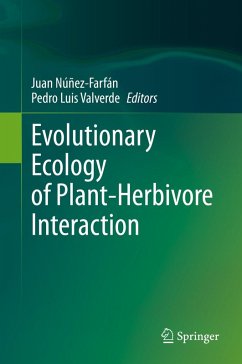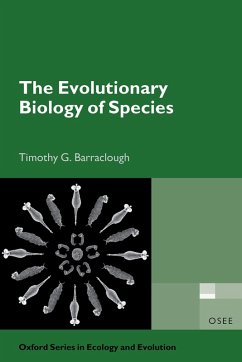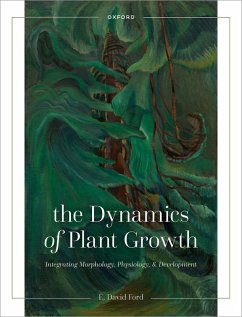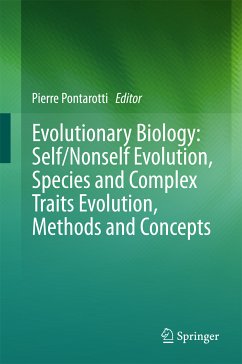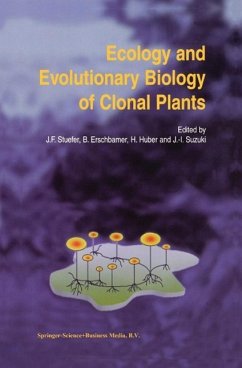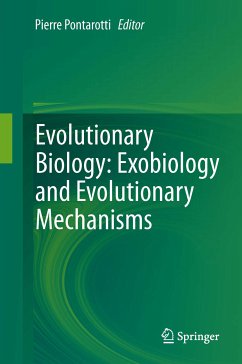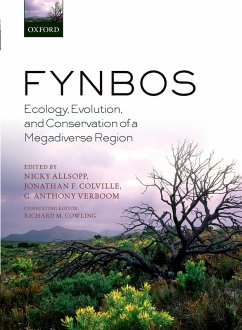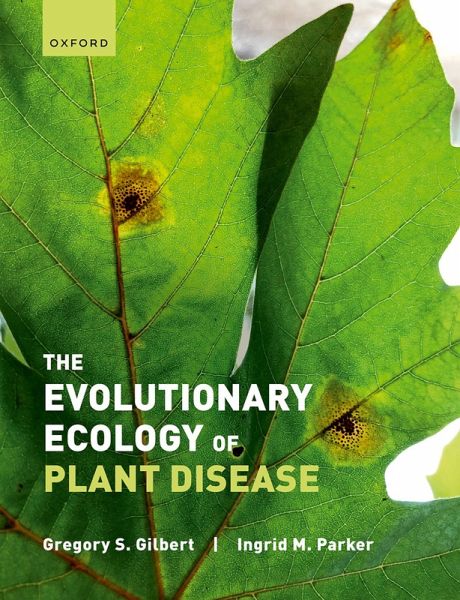
The Evolutionary Ecology of Plant Disease (eBook, PDF)

PAYBACK Punkte
14 °P sammeln!
Understanding the symbiosis between plants and pathogenic microbes is at the core of effective disease management for crops and managed forests. At the same time, plant-pathogen interactions comprise a wonderfully diverse set of ecological relationships that are powerful and yet so commonplace that they often go unnoticed. Ecologists and evolutionary biologists are increasingly exploring the terrain of plant disease ecology, investigating topics such as how pathogens shape diversity in plant communities, how features of plant-microbe interactions including host range and mutualism/antagonism e...
Understanding the symbiosis between plants and pathogenic microbes is at the core of effective disease management for crops and managed forests. At the same time, plant-pathogen interactions comprise a wonderfully diverse set of ecological relationships that are powerful and yet so commonplace that they often go unnoticed. Ecologists and evolutionary biologists are increasingly exploring the terrain of plant disease ecology, investigating topics such as how pathogens shape diversity in plant communities, how features of plant-microbe interactions including host range and mutualism/antagonism evolve, and how biological invasions, climate change, and other agents of global change can drive disease emergence. Traditional training in ecology and evolutionary biology seldom provides structured exposure to plant pathology or microbiology, and training in plant pathology rarely offers depth in the theoretical frameworks of evolutionary ecology or includes examples from complex wild ecosystems. This novel textbook seeks to unite the research communities of plant disease ecology and plant pathology by bridging this gap.
Dieser Download kann aus rechtlichen Gründen nur mit Rechnungsadresse in A, B, BG, CY, CZ, D, DK, EW, E, FIN, F, GR, HR, H, IRL, I, LT, L, LR, M, NL, PL, P, R, S, SLO, SK ausgeliefert werden.




